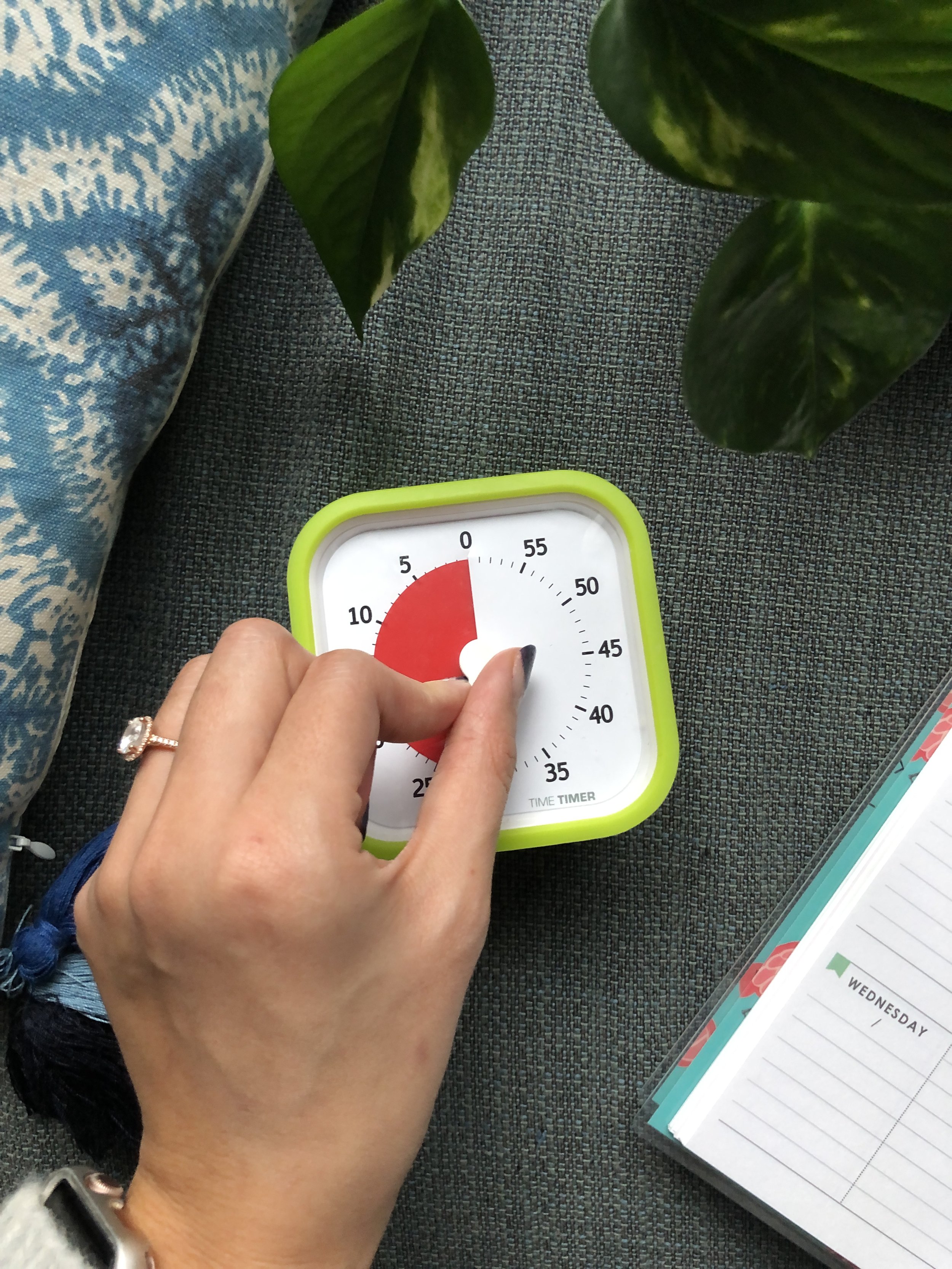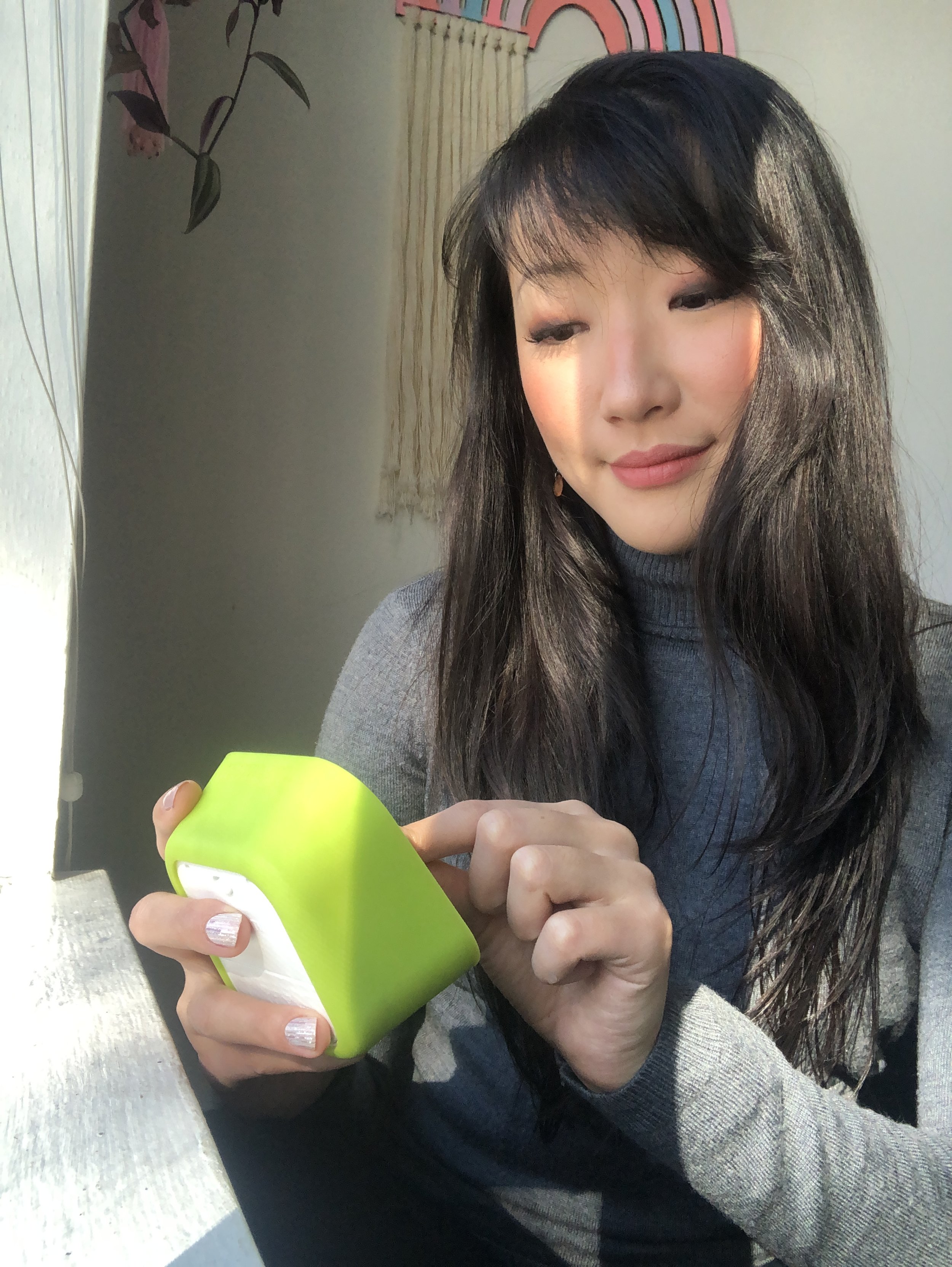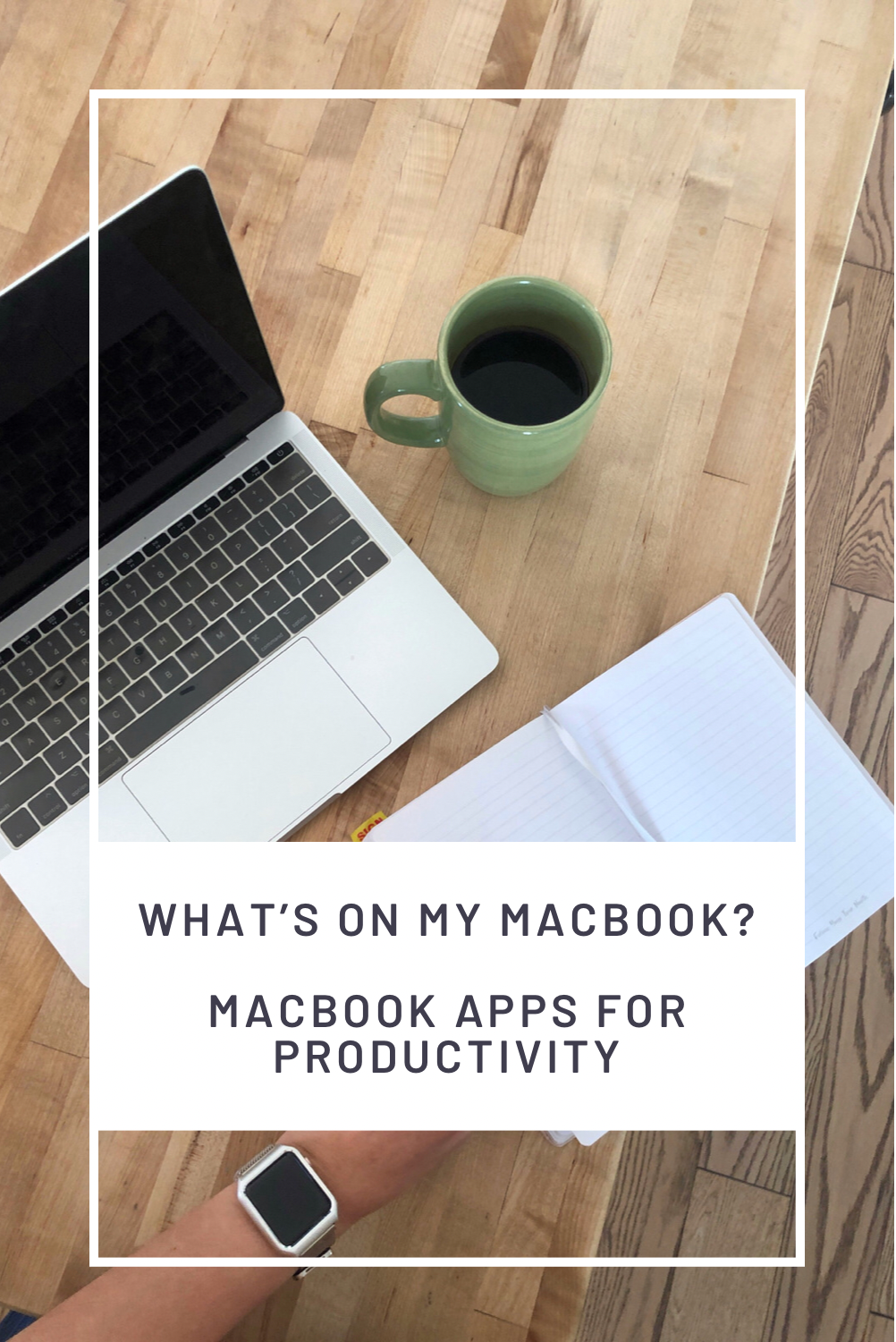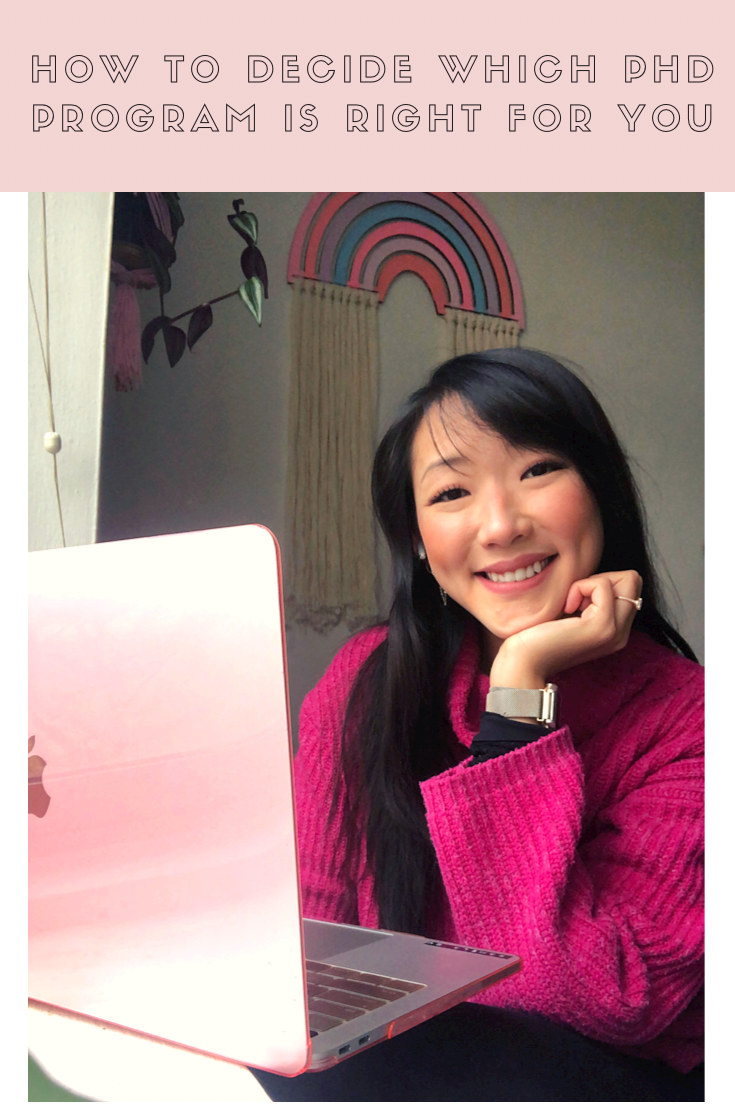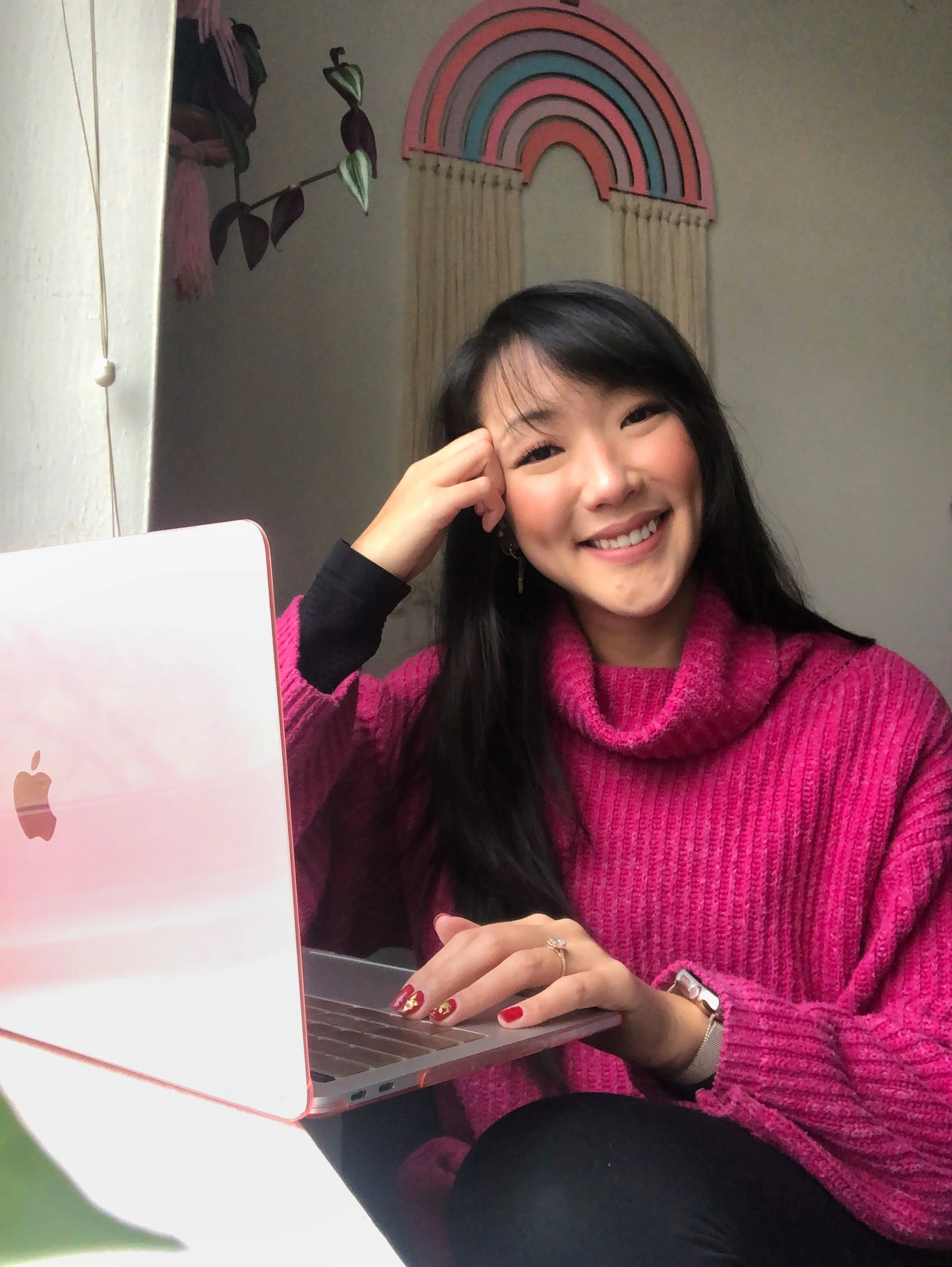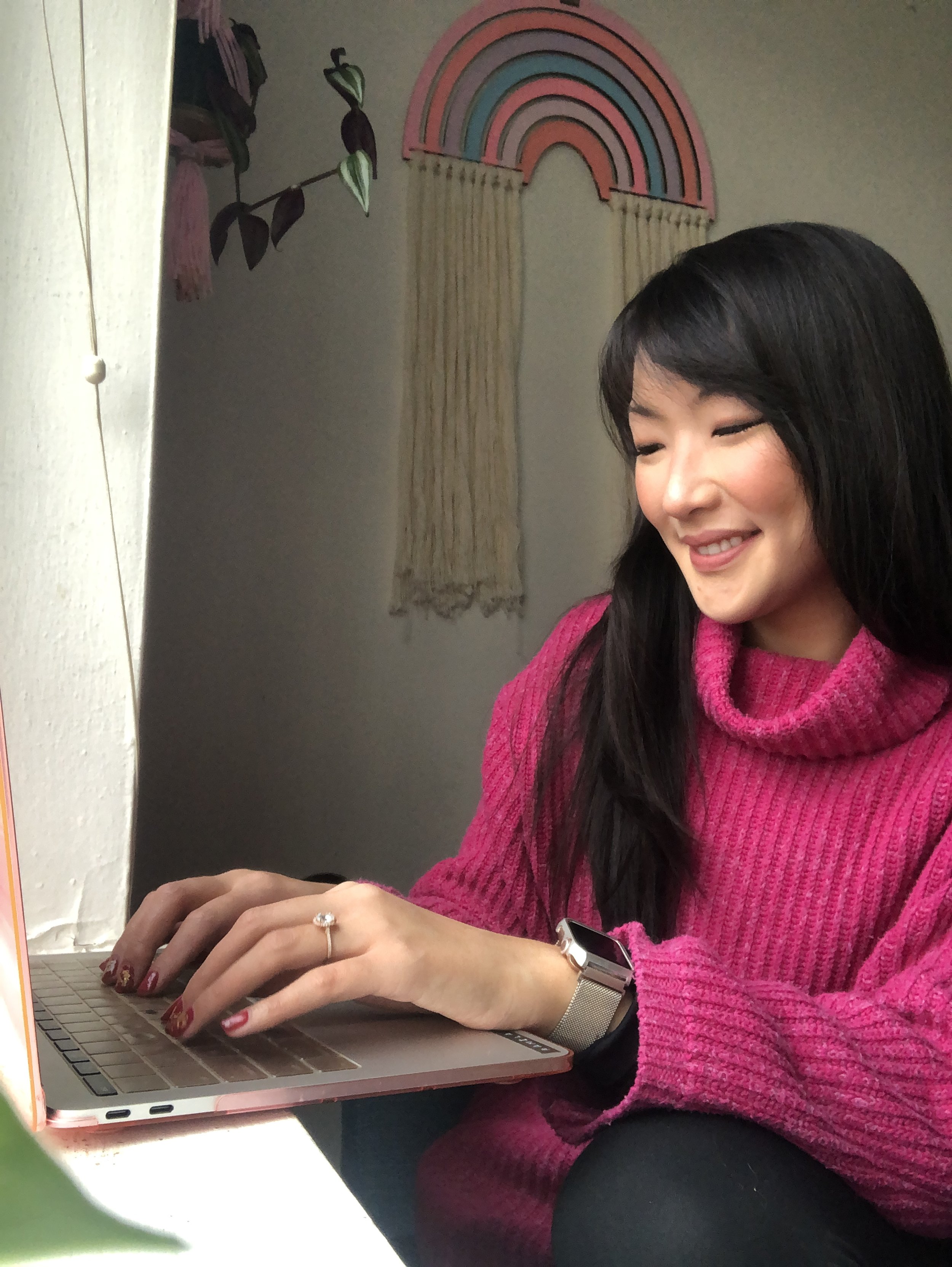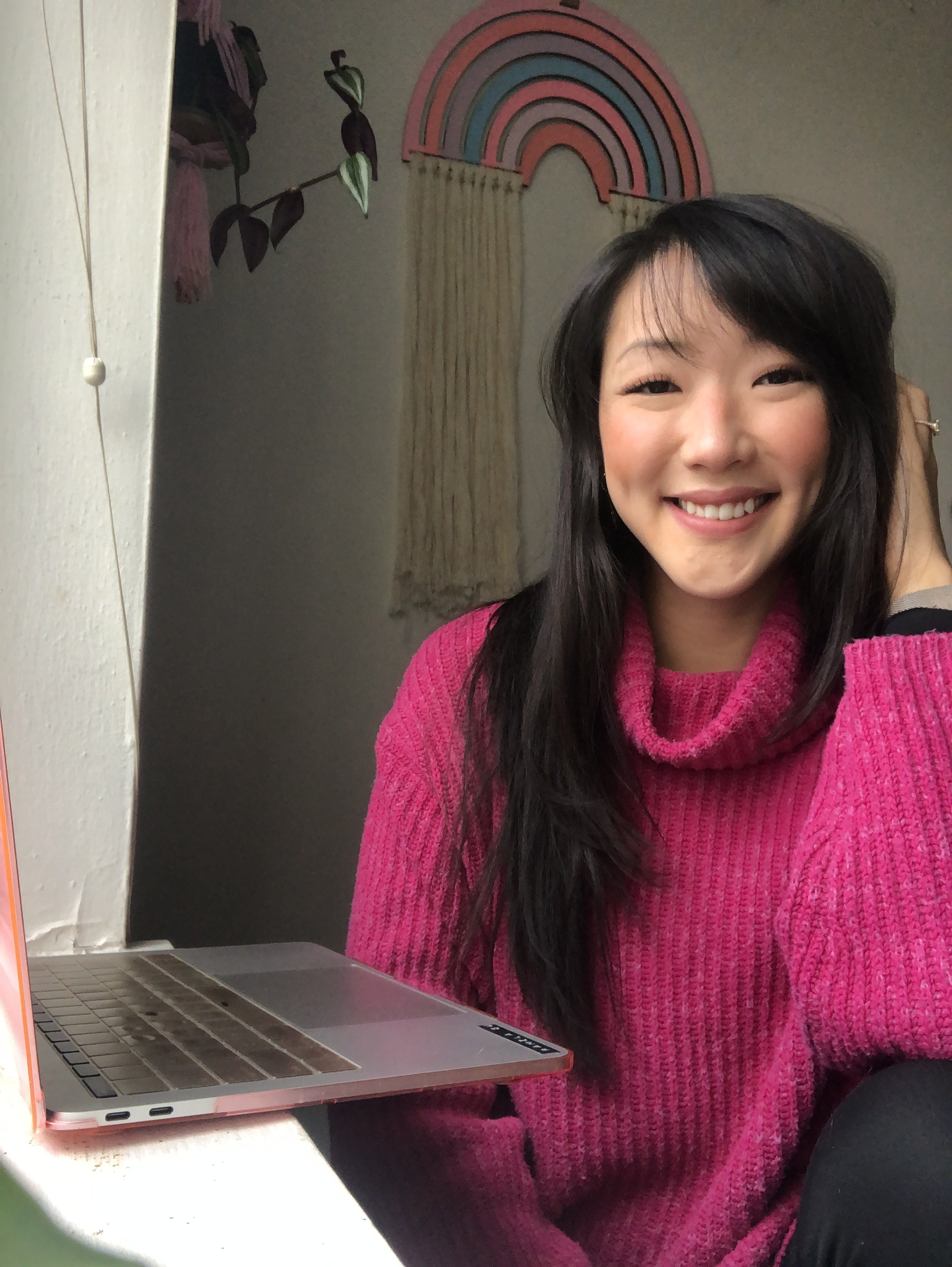Hello, friends! If you’ve ever done even a smidge of googling on productivity tips you’ve probably heard of the pomodoro method! It’s a super popular tactic for trying to increase focus and motivation, but how does it work and when does it work best? I’ve been a big fan of the pomodoro method since I started grad school, so today, I thought I’d share how I use the pomodoro method as a student and my favorite was to implement it for long projects in academia.
What is the pomodoro method?
The pomodoro method is a productivity technique that encourages you to work in timed increments with small breaks in between. Usually, one pomodoro is 25 minutes, then you take a 5 minute break before doing another 25 minute pomodoro. After you repeat this process 4 times, you take a longer break of up to 30 minutes. Though it might seem like a lot of breaks, during the pomodoros, you are meant to focus entirely on the task at hand without any distractions so that you can get more done with less time. By breaking up your work into smaller increments, the pomodoro method tries to reduce fatigue from long work days and increase focus & motivation.
My Favorite Pomodoro Timers:
How I use the pomodoro method:
The pomodoro method can be really useful for work in grad school and academia because oftentimes the projects we work on are super long and frankly, they can be kind of tedious! Though I don’t use the pomodoro method on a daily basis, it’s a productivity tool I use at least 2-3 times per week and I find that it’s especially helpful in these situations:
Starting tasks. This is how I most often use the pomodoro method - to start a task that is kind of a pain in the butt! I usually like to to dive into work first thing in the mornings and I find that setting a timer helps me get off the ground in the mornings.
Low motivation. The pomodoro method is also great for getting out of a rut! I usually run out of work steam early afternoon but that doesn’t mean I run out of things I need to do! When my motivation is lower, starting a pomodoro helps me at least get something done rather than nothing at all.
Long projects. I find that the pomodoro method is also especially good for long projects because with long projects I often feel like I’m making no progress (even if I am!). When the tasks are long and difficult (e.g., cleaning or analyzing data or writing a paper), pomodoros help me feel like I’m getting something done. Rather than not being able to check of the big to do of “writing a paper”, I can look at all of the pomodoros I completed and feel like I really accomplished something! It’s all about the framing!
To be more aware. Finally, the pomodoro method has been hugely helpful in becoming more aware of how I’m actually using my time and how long I can actually do focused work before becoming distracted. On average, I’m usually only able to complete about 4 hours of focused work (about 10-12 pomodoros) before I get restless, so rather than trying force more than 4 hours of focused work, I work on less taxing tasks after I’ve hit the 4 hour mark.
Guidelines for making the pomodoro method work for you:
Though I discussed at the start of this blog post how the typical pomodoro method works, I personally use an altered pomodoro method based on many experiments with my own motivation. Since the goal of the pomodoro method is simply to allow you to be more focused and productive with the time that you have, I think it’s totally appropriate to revise the method in a way that fits your productivity style. It’s easy to give up on a productivity method when it “doesn’t work” for you straight out of the box, but I’ve found that it’s almost always more beneficial to frame something as one tool in a tool belt of productivity techniques that you can pull out and use when the time is right! So, here are some general guidelines for how to make the pomodoro method work for you and ways you can alter the pomodoro method to better suit your own work style.
Experiment with time frames. The standard pomodoro method recommends 25 minutes of work with a 5 minute break. I usually work in increments of 15-20 minutes instead because it seems to work better for me. Experiment with different amounts of time and see what seems to fit your work and your attention span! Honestly, 15 minutes might not sound like a lot but you’d be surprised by how much you can get done in 15 focused minutes.
Allow yourself to get lost in a task. There’s a lot of mixed advice out there about whether you should stop working after finishing a pomodoro and force yourself to take a break or allow yourself to keep working if you are still focused. For me, allowing myself to get lost in the task is actually the whole point! I use the pomodoro method specifically to help motivate me to start more tedious tasks or get started on longer-term projects so if I’m able to use a pomodoro to help my mind focus and get lost in the project, then I like to let myself keep working even if the pomodoro is technically over.
Don’t let yourself get distracted by anything else. This one’s pretty self explanatory, but it’s vital to the pomodoro method! Because you’re usually focusing on work for small increments of time, don’t allow yourself to check any notifications or look at anything else but your work for those 15, 20, or 25 minutes! You can always check those notifications during your breaks.
Check those pomodoros off your to do list! Part of the whole benefit of using a pomodoro to motivate yourself is getting the satisfaction of being able to check those suckers off once you’re done! It always makes me feel like I’ve accomplished a lot when I’m able to see how many pomodoros I’ve completed.
Though I don’t use the pomodoro method every day (sometimes, I prefer to set a timed goal where I make a promise to myself that I’ll get XYZ submitted by noon!), it’s a super useful tool for jumpstarting my motivation and feeling accomplished during long projects! Do you use the pomodoro method? Does it work for you? Let me know in the comments below!












